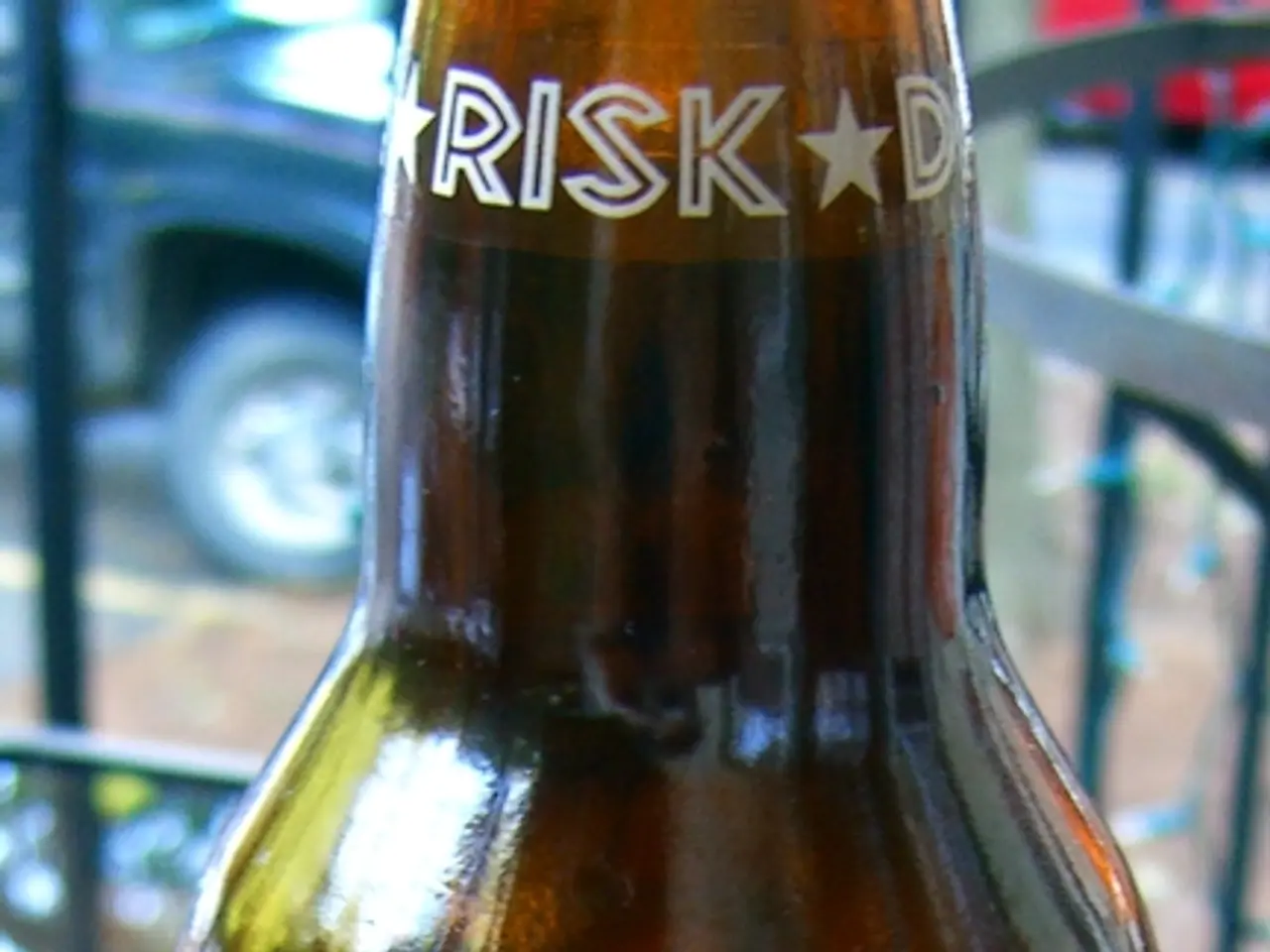Survival of the Human Species: Understanding the Impact of Cognitive Dissonance
In the intricate tapestry of modern society, cognitive dissonance plays a significant role, influencing individual behavior and societal dynamics. This psychological phenomenon, first introduced by psychologist Leon Festinger in 1957, has far-reaching effects on health behaviors, consumer choices, social interactions, and decision-making.
Health Behaviors
When people engage in behaviors that contradict their health beliefs, such as smoking despite knowing its risks, cognitive dissonance ensues. To alleviate this psychological discomfort, they may change their attitudes ("smoking isn’t that harmful") or justify their behavior ("I only smoke occasionally, so it’s okay"). This mechanism often affects how individuals approach health decisions, motivating either behavior change or rationalization to avoid the tension from inconsistency.
Consumer Choices
Cognitive dissonance also surfaces post-purchase, particularly in high-involvement decisions like travel or buying expensive goods. After choosing a product, consumers may seek positive information to justify their choice and reduce dissonance ("This product is really the best for me"). Online reviews and social influences help consumers resolve dissonance by reinforcing positive attitudes toward their purchase, influencing their future buying behaviors and loyalty.
Social Interactions
Social cognition is deeply affected as individuals strive to appear competent, moral, and consistent. When faced with contradictory social roles, opinions, or behaviors, people experience dissonance and attempt to restore harmony by adjusting attitudes or behaviors to align with social expectations or self-image. This is crucial in maintaining social bonds, commitments, and a coherent sense of self in society.
Decision-Making
Decision-making processes are shaped by cognitive dissonance because once a choice is made, people tend to increase their preference for the selected alternative to reduce dissonance and affirm the decision. This phenomenon affects not only simple daily choices but also major life decisions and learning motivation. The discomfort caused by dissonance propels individuals to seek information or adjust beliefs to support their decisions and justify their responsibility for any negative outcomes.
The constellation of effects demonstrates how cognitive dissonance operates as a fundamental motivating force shaping attitudes, behaviors, and decisions across various contexts in modern society. Understanding and addressing cognitive dissonance can enhance decision-making capabilities and improve outcomes in critical areas affecting human survival.
Note: This overview is based on foundational psychological theory by Festinger (1957) and more recent research emphasizing cognitive dissonance's role in consumer behavior, social cognition, and motivation.
Advertisers often create cognitive dissonance by highlighting negative consequences of not using their products, such as weight loss programs emphasizing the risks of obesity.Cognitive dissonance arises when a person encounters conflicting cognitions, such as a smoker knowing that smoking causes cancer.Cognitive dissonance can impair decision-making processes when individuals prioritize resolving discomfort over making informed choices.From an evolutionary standpoint, cognitive dissonance may have promoted self-preservation and social cohesion.Actively working to align behaviors with personal values, such as adopting healthier habits, can reduce feelings of dissonance and improve overall life satisfaction.Online platforms can amplify cognitive dissonance by presenting information that conflicts with users' established beliefs.Many people struggle with health-related choices due to the dissonance between the desire for good health and unhealthy habits.Cognitive dissonance in social interactions can create tension between loyalty and personal moral standards.In interpersonal relationships, cognitive dissonance can arise when individuals hold conflicting beliefs about loyalty and ethics.The ability to reconcile conflicting thoughts has likely played a crucial role in human evolution by fostering critical thinking and adaptability.Fostering environments where individuals feel safe discussing conflicting ideas can promote understanding and resolution of dissonant thoughts.Politicians may exploit cognitive dissonance by framing issues in ways that resonate with voters' existing beliefs while downplaying contradictions.Consumers often experience cognitive dissonance after making purchases, leading to justifications to alleviate discomfort.Prolonged cognitive dissonance can contribute to mental health issues such as anxiety and depression.Encouraging self-awareness about one’s beliefs and behaviors can help individuals recognize instances of cognitive dissonance and address them constructively.Cognitive dissonance can also be present in deception, where individuals may experience discomfort due to the contradiction between their actions and their self-image.
- Cognitive dissonance arises when a person encounters conflicting cognitions, such as a smoker knowing that smoking causes cancer.
- In interpersonal relationships, cognitive dissonance can arise when individuals hold conflicting beliefs about loyalty and ethics.
- Advertisers often create cognitive dissonance by highlighting negative consequences of not using their products, such as weight loss programs emphasizing the risks of obesity.
- Active efforts to align behaviors with personal values, such as adopting healthier habits, can reduce feelings of cognitive dissonance and improve overall life satisfaction.
- Online platforms can amplify cognitive dissonance by presenting information that conflicts with users' established beliefs.




